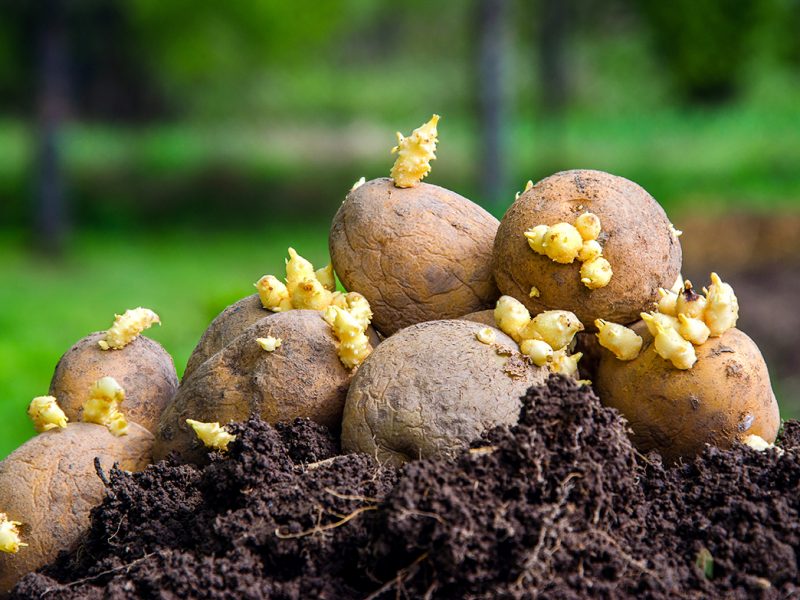Potatoes remain the top vegetable with consumers, offering good value as the price of other produce skyrockets, but growers face short seed supplies as 2023 begins.
“This is probably the first year that people are really mulling over the fact that seed actually might be a limiting factor. It’s not very often that we hear that,” United Potato Growers of Canada general manager Victoria Stamper told the Canadian Potato Summit on January 12.
Stamper describes the shortage as “a bit of a regional issue and a varietal issue.” Processing varieties are in high demand, for example, outstripping the availability of certified seed.
But there are also lingering issues in Eastern Canada accessing seed from PEI. While a large volume of certified seed is produced in Alberta, high trucking costs make it more expensive to transport.
While the issues should be good news for BC, which has long had an active seed production sector, production of seed stock here has been falling. This has made commercial growers – most of whom produce table stock for retail – more reliant on seed from outside the province.
But seed isn’t the only issue facing BC producers. Hot, dry weather has been a challenge in recent years, and the latest snow survey and water supply bulletin from the BC Ministry of Forests indicates that the provincial snow pack is below average for this time of year at 82% of normal.
“People are keeping an eye on the snowcap and what’s going to be available for water in the various regions,” Stamper says.
Despite the challenges, she says growers are finding ways to adapt and move forward. Some growers are shifting to more heat-resistant spuds while others are looking for more productive varieties.
While the BC crop was down 23% last year versus 2021, per-acre yields declined only slightly. This indicates that planted fields remain productive despite what Mother Nature throws at them.
“Despite the many challenges, potato growers continue to find solutions and develop solutions,” Stamper says.


 Provincial employer registry backlogged
Provincial employer registry backlogged